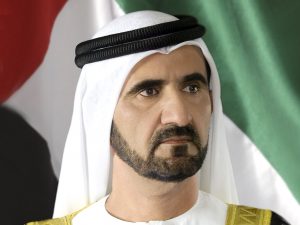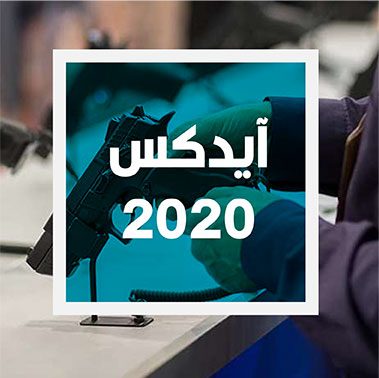Information Communication Technology (ICT) has revolutionized the way we communicate and exchange information, changing the political, social and economic landscape of the world. This revolution led to fundamental changes in diplomatic relations, without neglecting the importance of traditional diplomacy in international interactions and between representatives of states. In today’s networked and interconnected world, individuals and organizations, as well as countries, play a major role in international affairs.
This has led to the emergence of what is referred to as digital diplomacy, which depends mainly on the increasing use of social media platforms by a certain country, in order to achieve its foreign policy goals and manage its international relations. Consequently, digital diplomacy is represented nowadays in two levels, the first being the Ministry of Foreign Affairs, and the second being embassies around the world.
By working on these two levels, states can design their foreign policy messages and national interests by taking into account human characteristics of their society, historical and cultural considerations, values and traditions, to facilitate international acceptance of their external activity and the image they aim to achieve.
Therefore, digital diplomacy is concerned with the use of social media among diplomats to facilitate the implementation of foreign policy goals and conduct the requirements of diplomatic work, as well as listening to and targeting the public with messages and influencing the trends of governments and organizations online.
There is no doubt that relying on digital diplomatic activity, if used in the right way, will help embassies and diplomatic representations to introduce their countries, and facilitate the process of finding information and communicating with colleagues via e-mail, as well as negotiating draft texts via electronic dialogue. Diplomats, today, increasingly, use the various social networking platforms such as blogs, Facebook, Twitter, etc., as social media added an important dimension to diplomacy, which made the communication very fast and direct.
Many researchers view digital diplomacy as a traditional diplomacy that relies on a different means, by employing the Internet to provide communication, publication, participation, and evaluation in new and interesting ways.
The digital discussion also contributes to expanding the scope of direct communication between civil society and governments and with influential individuals, as many followers enjoy an important digital presence, and share opinions and experiences through the network. This discussion will be a multi-directional means and a source of enriching information.
Therefore, digital diplomacy participates with its traditional counterpart in achieving the same tasks, from collecting information and preparing reports on conditions and developments within the host country, in addition to strengthening friendly relations between countries and consolidating the foundations of common interests.
It is true that those who say that digital diplomacy has developed the forms of its practices to be more capable of understanding cultures, attitudes and behaviors, building and managing relationships, influencing ideas and mobilizing support to advance interests and goals, through dialogue and discussion.
Hence, engaging the public in the discussion of topics related to international relations has led to an increase in the number of participants in international diplomatic affairs, to include ordinary people, whose opinions may be taken by diplomats to enhance the spotlight on specific issues, or to gain different viewpoints.
In the same sense, diplomatic activities are increasingly supported by the Internet, and the latter is seen as a unique diplomatic tool, with which it is possible to “advertise” not only positions on various issues, but to promote ideas across the globe.
We can say that diplomacy is always adapting and responding to the variables of an increasingly interconnected world. The ability to collect and share information to broad audiences at unprecedented rates has created new opportunities for leaders, policies, and government departments, to put forward opinions and set agendas outside traditional channels.














